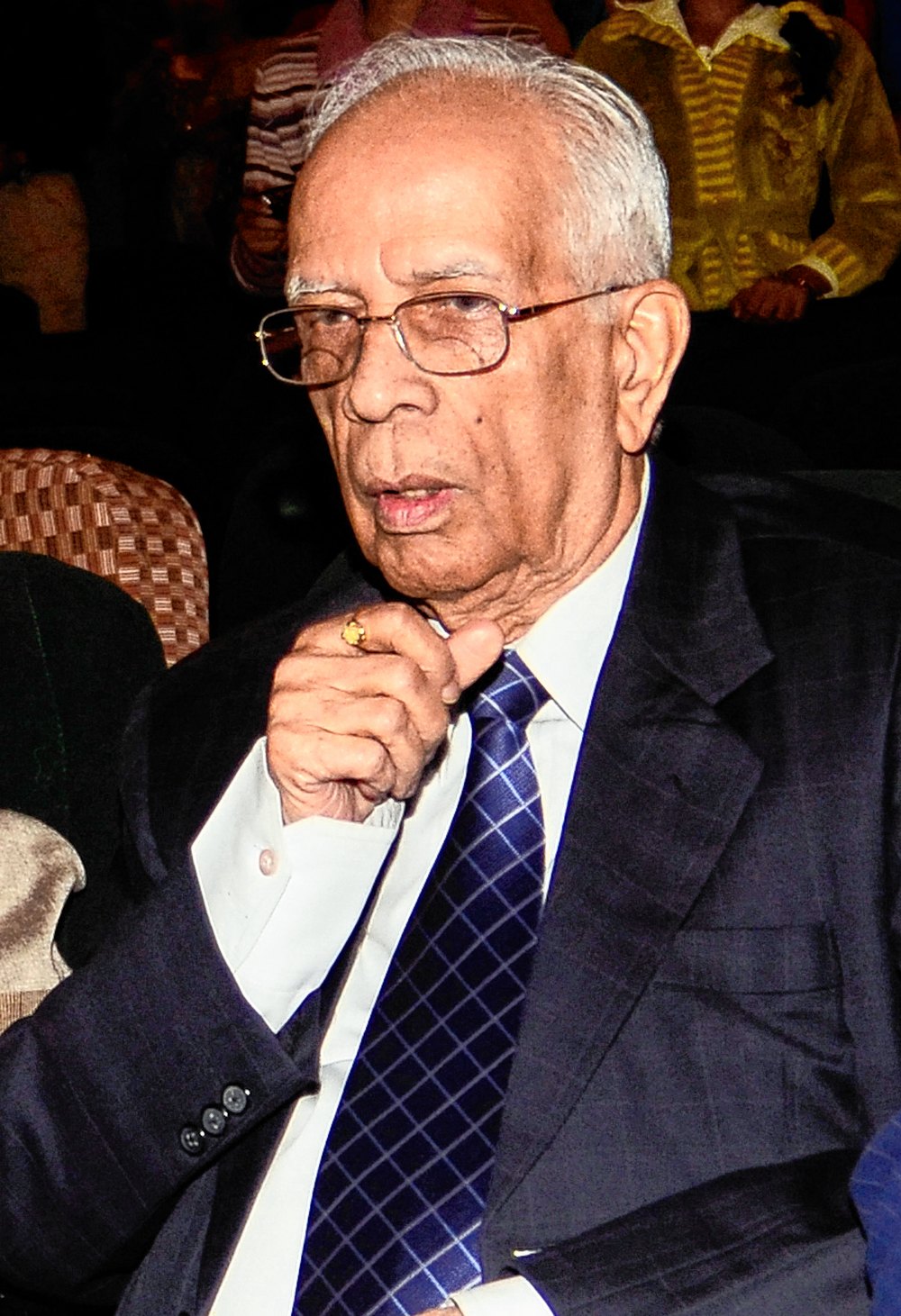
Patna, Feb. 7: The focus is now on Raj Bhavan after the daylong political drama.
Keshari Nath Tripathi, the Bengal governor who is holding additional charge of Bihar, faces a strange dilemma - to either act chief minister Manjhi's proposal to dissolve the House, even though a majority of the ministers do not favour the idea, or to ask Nitish Kumar, elected JDU legislative party leader, to stake claim to form a new government.
Chief minister Jitan Ram Manjhi hurriedly convened a cabinet meeting at "Vimarsh", a hall at his 1 Aney Marg official residence, this afternoon in which he recommended for dissolution of the House.
However, finance minister Bijendra Prasad Yadav, a senior and trusted minister belonging to the Nitish camp, claimed that of 29 ministers, including the chief minister, who were present during the cabinet meeting, 21 opposed the proposal while seven ministers and Manjhi himself supported the proposal.
Constitutional experts are of the opinion that the governor is not bound to accept Manjhi's decision to dissolve the House, as it is a minority decision of the cabinet. Instead, Tripathi can ask the leader of the House to prove his majority on the floor of the House. "Decisions in the cabinet are taken on the basis of majority and if the majority ministers present were against the proposal, then it is not passed and the chief minister cannot recommend the dissolution," constitutional expert Subhash C. Kashyap said.
Former attorney-general of India and jurist Soli J. Sorabjee said: "The governor is not bound to accept the proposal. He must go by the majority view."
Former Union law minister and senior Supreme Court advocate Shanti Bhushan and former additional solicitor-general Amarendra Sharan echoed the similar views. "How could the recommendation (to dissolve the House) be sent when majority (of the ministers) was against the proposal? This is not at all binding on the governor," Bhushan said, adding that a chief minister could not take a decision to dissolve the House when MLAs and ministers were not in favour of it.
Sharan held Manjhi's decision as "not the advice of the cabinet". "The governor is bound by the advice of the cabinet, which could not pass the resolution (to dissolve) and hence he is not bound to accept. He may reject it also," he added.
Asked whether Tripathi has any option apart from taking decision on "whether or not to dissolve" the House, all the experts were of the opinion that the governor may ask Manjhi to convene a session of the House to prove his majority. "If he (Manjhi) proves his majority, then he will have his say," Bhushan said. Sorabjee echoed similar views while Sharan said propriety demands that the new leader should be administered oath and should be given an opportunity to prove his majority.
This is a pertinent and relevant question as Nitish has been chosen as a new leader of the JDU legislature party - comprising both the Assembly and Council - replacing Manjhi. Nitish, in all probability, would stake his claim to form the government and seek a trust vote in the Assembly.











